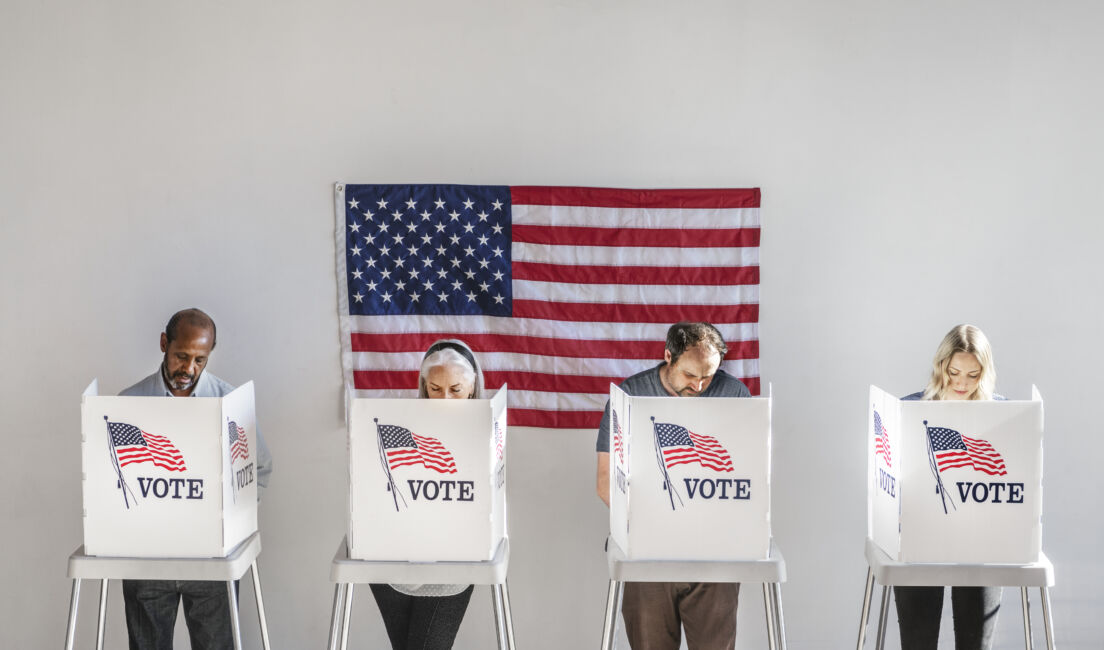The next time you’re discussing the importance of voting with others, you might want to keep in mind that some people may have good reasons to sit this one out.
Whether or not you play, you lose

“If you don’t vote, you can’t complain.”
Americans love to shame non-voters. There’s even a website to help us! BadVoter.org allows you to check up on “your family and friends” so you can find out if they’ve done their civic duty.
As November approaches, we’re doubling down on social media posts encouraging others to turn out, vote, and stop the “other side” from ruining things. We display lawn signs, we overdose on Twitter outrage, and we shake our heads at those who seem less enthusiastic. “Don’t they know what’s at stake?” we ask in disbelief.
Maybe “they” do.
Who are these non-voters, the people who refuse to participate in our tug of war for the soul of the country? Perhaps, we assume, they’re just negligent citizens. Bad voters.
Chris Arnade can help fill in the picture. He has spent more time than the average person talking with many of the Americans who make up the “soul of the country.” A photographer and former Wall Street trader, he traveled around the country documenting poverty and addiction in America. In the process, he interviewed many, many people.
In a recent piece in American Compass he wrote, “Most of my book on poverty and addiction is about non-voters. That isn’t surprising since the poorest Americans are the least likely to vote. Yet I met plenty of working class and solidly middle-class people who don’t vote.”
Arnade’s subjects, whether they live in El Paso or Battle Creek, give similar explanations of why they don’t vote: it doesn’t improve their economic situation and it is expensive for them to do it. As “J” from Michigan said, “Nobody had the spirit this time. Trump or Hillary? Doesn’t make much difference. Things out here gonna stay the same.”
Even if J felt compelled to vote, getting to a polling place isn’t the relatively quick trip it is for me. If I was a paycheck away from homelessness (as two-thirds of lower income households in the U.S. are) and I faced a slow trip on public transportation, would I be as excited about making my voice heard?
For many in this country, party politics is the playground of people with significant means, who have a lot at stake in the game. Those who choose not to play feel they will lose, no matter who wins the election. Why invest scarce time, money, and energy in politics when your situation is unlikely to change?
We‘re worried about our country. And the stakes do feel high: no one wants the chaos we’ve seen this summer to spread and spin out of control. We want things to improve, and we’re convinced that exercising our right to vote can make that happen. We want others to participate in the solution with us.
But the next time you’re discussing the importance of voting with others, you might want to keep in mind that some people may have good reasons to sit this one out.
Photo by Rawpixel on Adobe Stock